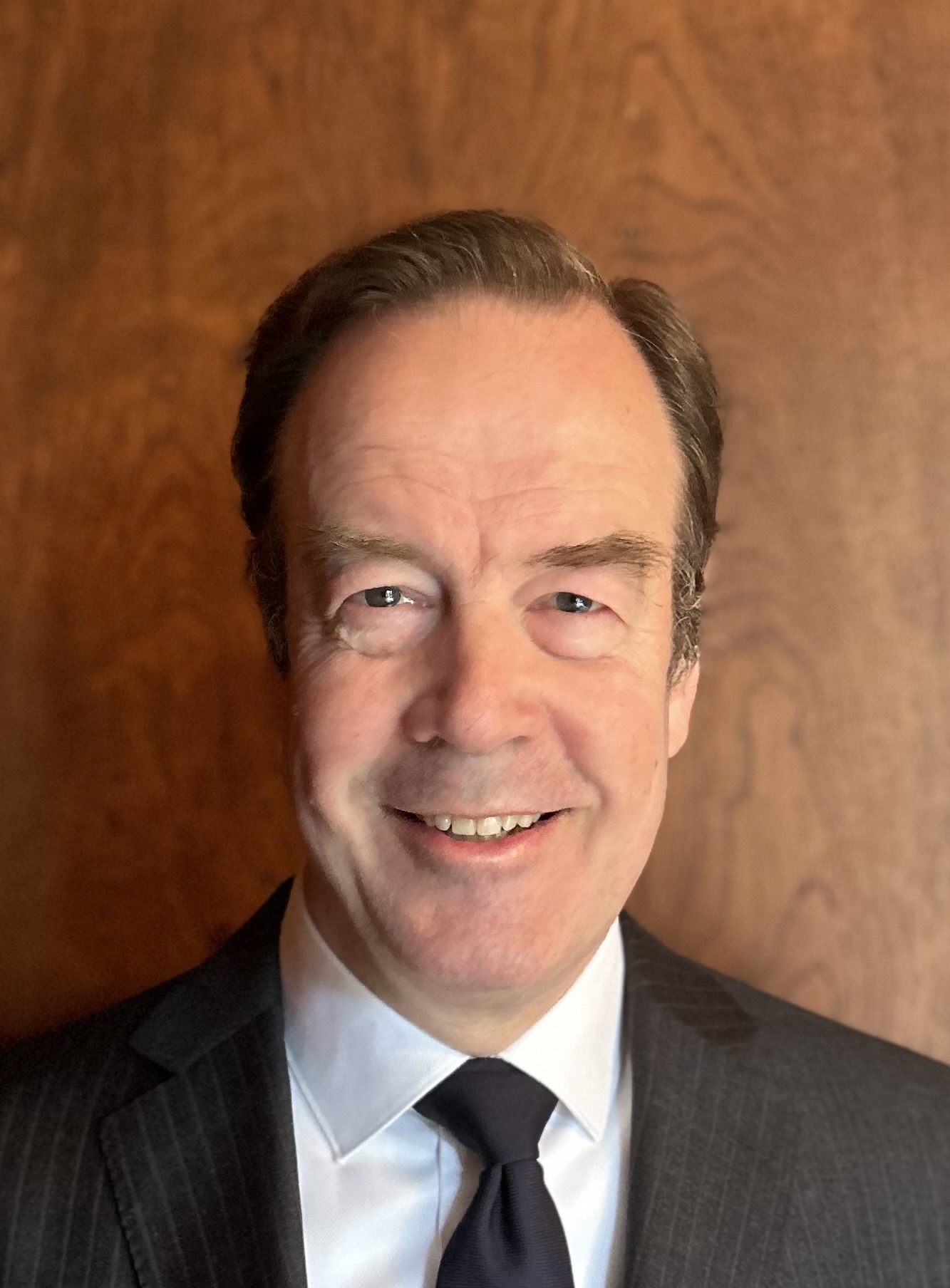Meet the ambassador - Japan-en
Meet the ambassador: Gilles Beschoor Plug
What inspired you to pursue a career in diplomacy?
As a child I was fascinated by foreign countries and cultures. When I was young I read many adventure books situated in the Middle and Far East, while at university I added travel books and foreign literature. Working at the Foreign Ministry and being sent abroad was an appealing idea and offered a prospect of frequent change and diversity of work. And finally, the idea of working for the government as a civil servant, in the service of society as a whole, was attractive to me.
How do you spend your free time when you're not working?
I consider it a privilege to be able to discover Japan and its people while being stationed in Tokyo: as a resident one gets to know a country really well, as opposed to a tourist who will spend only a few days in Japan. We’re still into discovering Tokyo – such an enormous city – but look forward to expanding our trips to the other parts of Japan as well. Indeed, Japan is so much more than its capital city. Moreover, you have to know the host country well if you want to be a good diplomat and a sound adviser of your government.
If you could invite any historical figure from the Netherlands or Japan to dinner, who would it be and why?
Image: Ambassador Beschoor Plug presenting his credentials to Emperor Naruhito
It would definitely be the first ‘opperhoofd’ or chief of the Dutch mission on Deshima, the island and Dutch trading mission in front of Nagasaki (now incorporated in the city centre). His name was Jacques Specx and he arrived in Japan in 1609. Shogun Ieyasu Tokugawa offered him a trade pass, allowing Dutch ships to trade with Japan without any hindrance and as the only western country. The original pass is kept in the National Archives in the Netherlands, but there is a copy in the Dutch residence in Tokyo. One could say that Specx was a distant predecessor of me, and when I presented my credentials to His Majesty the Emperor I felt humble realising I was the last envoy in a very long row of Dutch representatives to Japan.
What has struck you the most about living and working in Tokyo as an ambassador?
It is the combination of – and sometimes contrast between – tradition and innovation. It is an aspect – or rather a perspective – that I greatly admire, both tangibly and philosophically. The existence of (very) old and (very) new things or concepts next to one another gives me a feeling of foundation, of legitimacy, a link between past and present. And a feeling of beauty and also of solace, in a conservative sense. Yet I can see and understand the tensions that from time to time will arise inevitably between the two, and I consider it the task of a diplomat as well to assist bridging the differences.
What areas of cooperation between the Netherlands and Japan are you most focused on?
Image: Architecture at the Expo Osaka site (grand roof ring)
Since Jacques Specx, whom I mentioned before, our contacts have been based on trade. And trade still is the main reason for us to be here, though nowadays it encompasses important elements such as research and development, investment and innovation. The Netherlands and Japan are closely working together on semiconductors, quantum, photonics, digitalisation, artificial intelligence, 5G and 6G, and much more. And it is a broad cooperation: government, businesses, private entities, academic institutions work together to have as much impact and efficiency as possible. Recently that area of work has been enlarged with the aspect of security. Economic security has to do with a variety of subjects: global interdependencies (for example with critical raw materials), promote and protect (for example with advanced technologies). But we are also active in the field of international law: rule of law, international criminal responsibility, or the freedom of international waters for example. And given our long and profound relationship of 425 years (in 2025), cultural cooperation has always played a big role and will continue doing that in the future.
What challenges are the Netherlands and Japan working on together?
It is my opinion that the Netherlands and Japan, as developed, prosperous and wealthy nations, should take their responsibility in leading the world to combat global challenges. My generation has not been able to solve challenges such as climate change, energy transition, or health issues. I feel embarrassed having to hand over these enormous tasks to the generation of my children. This is clearly a battle we can’t wage alone, and we have to really engage with like-minded countries in order to find real solutions.
What events or initiatives planned by the embassy this year are you most excited about?
Image: Members of the Embassy and Consulate-General in front of the Dutch pavilion at Expo Osaka 2025
That would definitely be the World Expo 2025 in Osaka. That must be the forum where Japan, the Netherlands and others join forces to find the answers to the questions I just mentioned. The start of a new era in the midst of very uncertain political circumstances. The theme of the Expo is ‘designing future societies’ and the Dutch theme of ‘common ground’ indicates that we have to work together. We will have a very nice and modern Dutch pavilion and there will be a big Dutch representation during the expo with many high level delegations from the Netherlands. Finally, in 2025 we will celebrate 425 years of Japan-Dutch relationship. Truly an era to be proud of!




